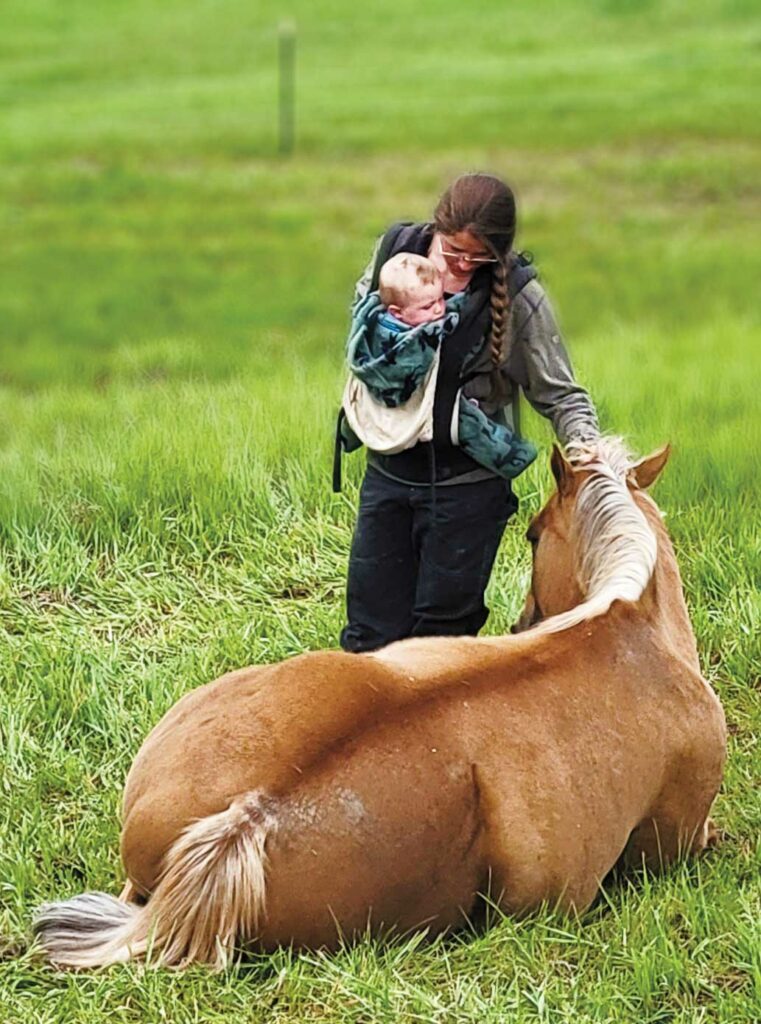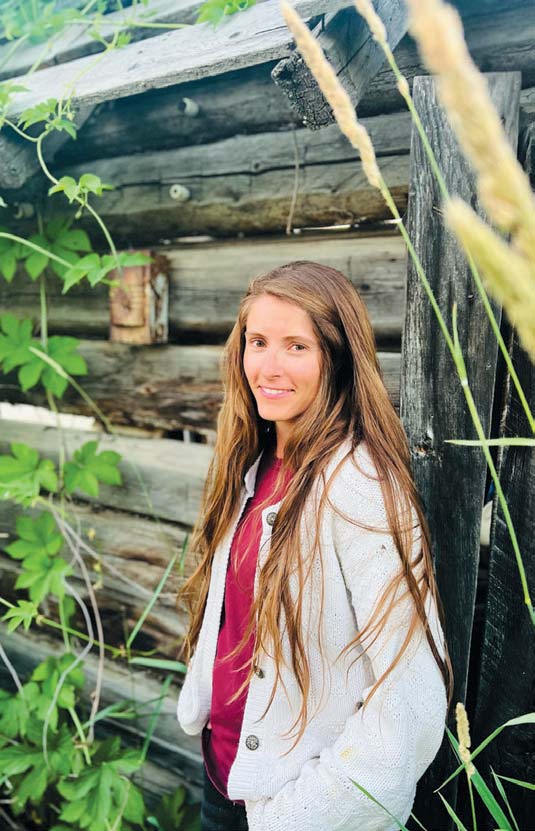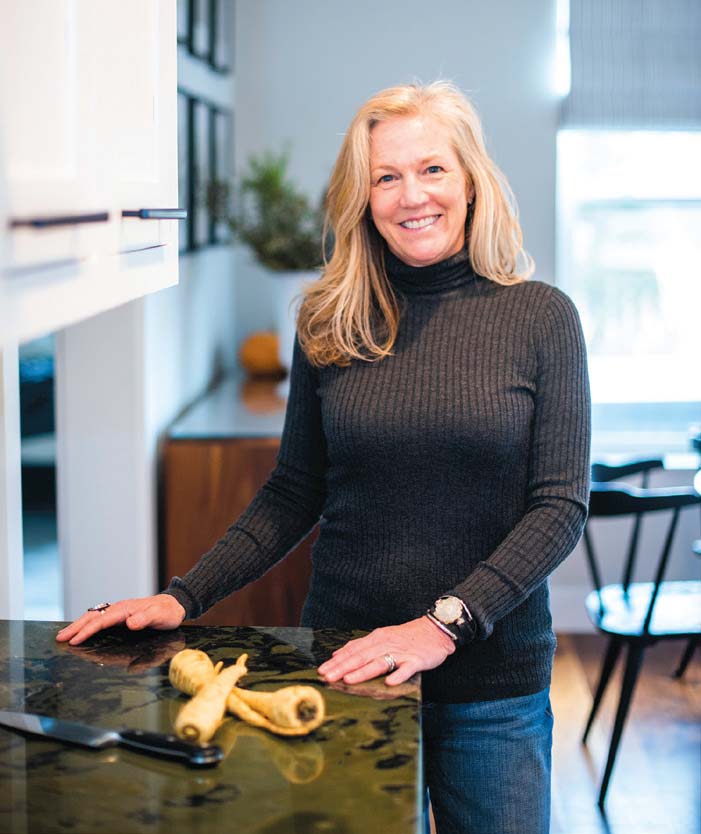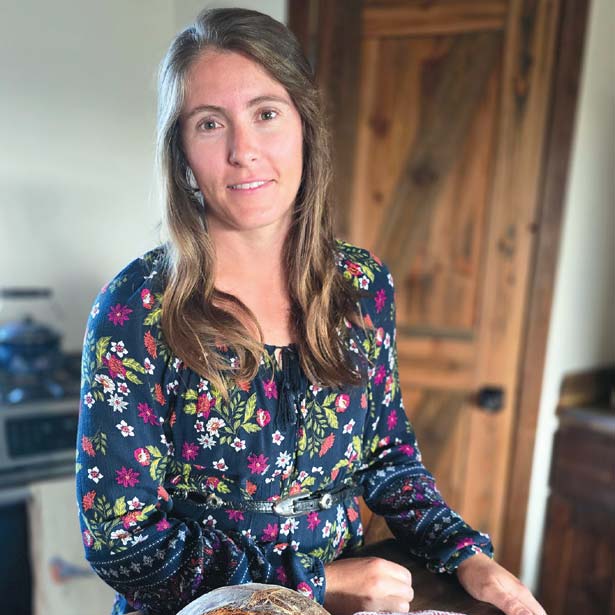
I didn’t know I’d need healing after becoming a mother. My daughter was born in September of 2021, and I experienced complications in labor and postpartum. In the last months of pregnancy, I did a lot of work on myself. On the advice of other mothers, I turned inward. I gave myself permission to have needs; I explored self-care. I thought this work would prepare me. I thought it was a safeguard.
When dribs of depression tugged on my soul shortly after labor, I became angry, guilty, confused. Why wasn’t the time I’d spent getting ready—preparing mentally—enough? Why was I experiencing depression even though my daughter and I were physically healthy? I should be grateful. Rather than think of myself, I should be focused on caring for my child. I was wasting her infancy. I was selfish.
Despite knowing those inner voices were signs of distorted mental health, in quiet corners of the day I couldn’t shake them. That winter was long, but when springtime came the sun was as glorious as the grass was green. Things were better. I felt better.
Healing is a process. One that waxes and wanes. While I now consider myself on the other side of postpartum depression, I still look back on the last two years with unease. I’ve given myself permission to take care of myself, knowing that my needs must be met so I can be my best self for my daughter, but it’s a practice I do daily.
Recently I’ve been working on a project in partnership with Edible Communities and the American Farmland Trust. Through that work, I’ve had the opportunity to speak with women in other parts of the country who are making powerful waves in agriculture. One woman, in particular, said something that resonated in my burdened heart: In discussing the challenges and opportunities around equitable food systems and reducing gender barriers in agriculture, third-generation Virginia cattle producer Sarah Morton spoke of normalizing women’s experiences and how the land provides a particular space for women.
“As we become women who are producing off spring, I think it’s important to understand our land and the soil around us and how it enriches our lives and our spirit and our children,” she said. “It can be your vehicle for support, for mindfulness training, health, and wellness. The land doesn’t judge you. Being able to be outside with your daughter or son—in the field, walking, picking flowers, or working in the garden—you’re sharing that experience with your child and you’re bonding at the same time.”
I’ve long appreciated this connection, but it took my conversation with Sarah to realize that a series of housing moves had left me deeply disconnected and, in all likelihood, that played a role in the postpartum depression I experienced.
Last year, my little family drew intimately closer to the land. We got our hands dirty and wiped sweat from our brows as we ventured to create a home on a piece of land we now steward. The physical work and time on the landscape started with surveying the property and monitoring wildlife movements and river flows. Following that, we built a perimeter fence that would keep livestock in but allow elk and deer to easily pass through. Then we started on the home site, balancing our needs and wants with our impact on the land. All the while, my daughter was strapped to my chest, tucked inside my raincoat, or plopped nearby in the grass beneath a wide-brimmed sunhat.
The journey is still unfolding, and during last year’s chapter I experienced immense growth and healing. It was reconnecting to the earth—re-grounding my daily experience to the soil, embracing the pulse of the land—that facilitated my own restoration.
Jessianne Castle
Editor in Chief




